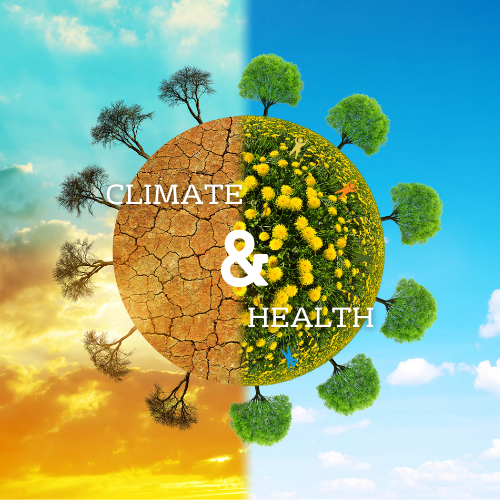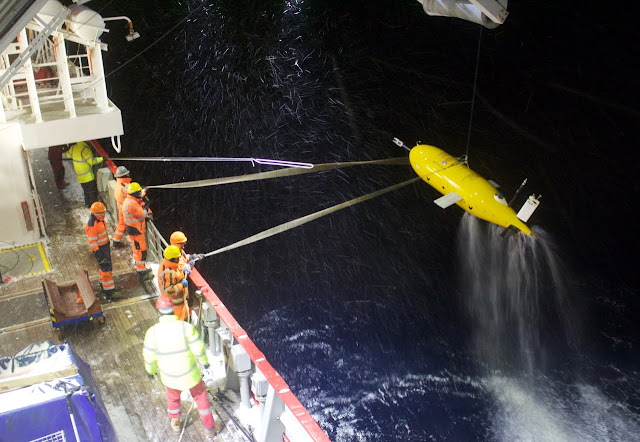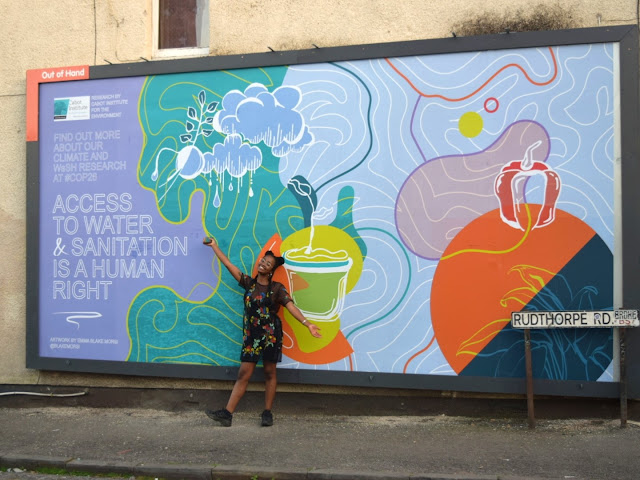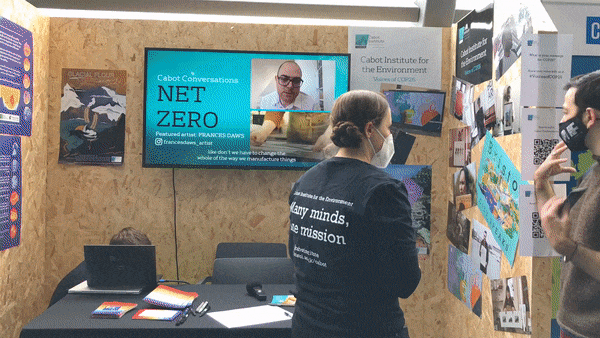It’s a short time since COP26 finished in Glasgow. Many colleagues from the University of Bristol were there to discuss their research and share knowledge with those who are making decisions about policies that impact everyone’s futures. When we think about climate change, we often think about the health of the planet and the natural world, but the health of our planet is entwined to the health of the human population too. Here, Elizabeth Blackwell Institute Director, Rachael Gooberman-Hill, gives a timely update on our research looking at the intersection between climate and health.
We’re already seeing local and global impacts of climate change on human health. The World Health Organization states that in the 20 years from 2030 to 2050 climate change will cause around 250,000 additional deaths per year, which is a timeframe that starts in just eight years from now.
These, arguably preventable, deaths will relate to malnutrition, malaria, diarrhoea and heat. Health impacts of climate change will disproportionately affect people who are already vulnerable in other ways, including people who are young, old, living with other conditions, or living in situations of vulnerability including poverty and other dimensions of disadvantage. Climate change is associated with changes in infectious diseases and non-communicable conditions, such as mental health difficulties. Heat and extreme weather events have major impact on health, cause forced migration and these issues are global in scale. In the UK, extreme weather events and heat are already visible and are likely to become more common and more impactful.
Embedding climate in current research
Broadly speaking, research efforts include work to reduce rise in our planet’s temperature and attempts to address, mitigate, and adapt to the impact of the rises that are already happening. At the Elizabeth Blackwell Institute we are working with the Cabot Institute for the Environment. As researchers, we can change focus of our research, can embed climate in the research that we are already planning or doing, and we can also consider that all of the research that we do is already impacted by climate change and will already have much to add to the evidence base that can underpin change and make a difference.
Mapping activity in climate research
The University of Bristol has a world-leading track record in environment-focused research already. We recently mapped the research activity in this area and identified 39 climate and health related research projects and over 150 members of our research community working in this area. We work on many topics, including extreme weather events, heat, water and sanitation, animal health, crops and nutrition, and social impacts of climate change. The University is an active member of the Met Office Academic Partnership (MOAP), we contribute considerable and internationally recognised expertise to the Intergovernmental Panel on Climate Change (IPCC), including in the crucial assessment reports which provide the scientific evidence base. We’re active in the GW4 Climate Alliance, comprising the Universities of Bristol, Cardiff, Bath, and Exeter.
Potential to pivot
There is real potential now to build this area even more. Many members of our University are deeply concerned about climate change and many are doing work that helps, or want to do so. We are a community whose research is often driven by our sense of social responsibility and we’ve seen before how our desire to make a difference can drive new focus. In the early days of the COVID-19 pandemic we saw large parts of the University’s research community turn skills and attention to the virus and its impact. At the Elizabeth Blackwell Institute we supported over 90 projects that focused on COVID-19 and owe thanks to everyone for the vast effort that has been put into research with real world impact. The effort to focus on COVID-19 showed how our expert researchers can pivot quickly onto new topic areas, although other topics remained urgent and important alongside our pandemic-related work.
Supporting more climate research
The Elizabeth Blackwell Institute wants to support the desire and need to work on climate change and health, whether that’s to enable people to pivot to the area, build on existing work or to encompass climate change into existing workstreams. We’ve already supported projects focused on climate change and health, with particular emphasis on interdisciplinary research. We want to support even more. As we move forward from COP26, please consider how your research can address climate change and health and let us know about your plans and ideas.
—————————
This blog is by Elizabeth Blackwell Institute Director, Rachael Gooberman-Hill . View the original post.
 |
| Rachel Gooberman-Hill |











